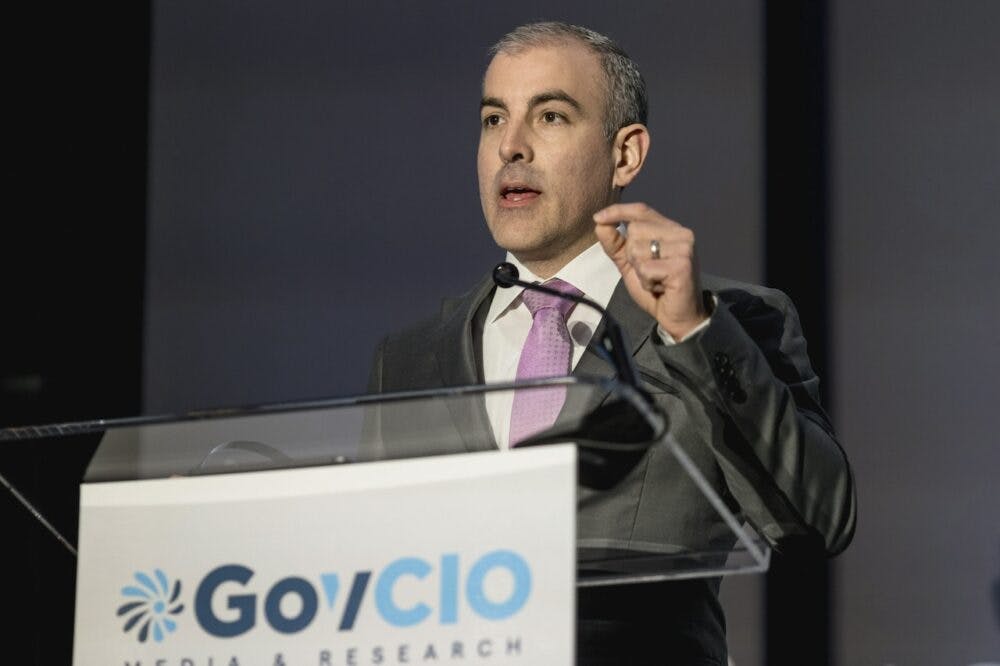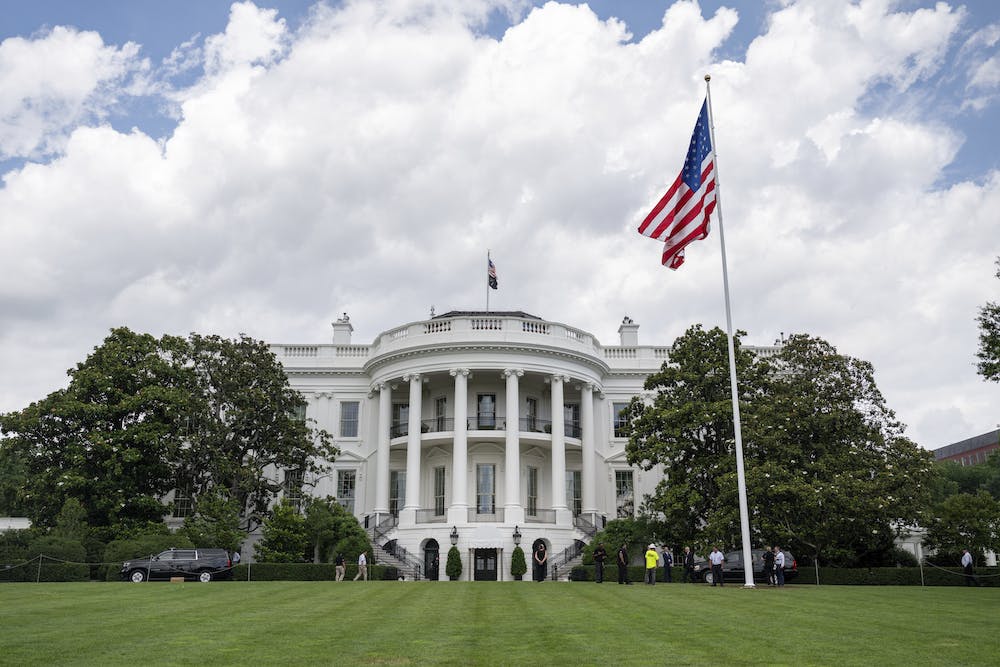President Joe Biden highlighted the future of the administration’s commitment to research and development, as well as infrastructure improvements in technology and health care during his State of the Union address Tuesday.
Although Biden touched upon a variety of political and economic issues during his speech, he highlighted overall commitments to bringing innovation, manufacturing, research and development, and improved health care throughout the address.
Reflecting on his past year, Biden touched upon growth in high-speed broadband access and other infrastructural projects spurred by the infrastructure bill. He said that while the bill aimed to strengthen and rebuild assets and infrastructure across America, he intends to push for further support for Americans and innovation across the country in other ways.
For one, Biden emphasized that China is investing significantly more in R&D and technological capability than America, and he wants to bring the country up to speed. He highlighted that automobile companies are planning the future of electric vehicle development in America. He also applauded Intel for its commitment to building a $20 billion eight-factory semiconductor mega site in Ohio, which he said will not only yield jobs but strengthen America’s technological manufacturing and development.
“10,000 new jobs in those factories — the average job about $135,000 a year — some of the most sophisticated manufacturing in the world to make computer chips the size of a fingertip,” Biden said. “[It’s] the power of the world and everyday lives, from smartphones, technology to the internet — technology has yet to be invented, but that’s just the beginning.”
Biden also plans to support Americans in benefits and health care. Noting that pharmaceutical drugs are too overpriced, the president said he’s pushing to have the Centers for Medicare and Medicaid negotiate the price of prescription medication, just as it does across the Department of Veterans Affairs’ health care system. He also emphasized that he wants to cut the cost of child care, expand affordable housing and further support maternal health care.
As the pandemic continues to evolve, the president provided an overview — and today released a more detailed 96-page plan — of how he plans to tackle COVID-19. The plan is four-pronged: it aims to treat and protect against COVID-19, prepare for new variants, prevent economic and educational shutdowns, as well as vaccinate the rest of the world.
The plan includes provisions to further enable Americans to order more free COVID-19 tests from covidtests.gov starting next week, as well as bolstering vaccinations and treatment options, such as Pfizer’s antiviral pill.
Furthermore, Biden noted four health and medical areas he wants to accelerate. First, is to end the opioid epidemic, particularly through increased funding for prevention, treatment and harm recovery.
Biden also highlighted improvements in mental health. He noted that this commitment is particularly critical for children and young people, especially throughout the pandemic.
“Children were also struggling before the pandemic — bullying, violence, trauma and the harms of social media,” Biden said. “Ban targeted advertising to children, demand tech come and stop collecting personal data on our children, and let’s get all Americans the mental health services they need.”
A third focus is on veterans. Highlighting Sgt. First Class Heath Robinson’s service to the military and his wife, Danielle Robinson, Biden noted her husband’s cancer brought on by toxic exposure in war zones. Biden introduced an expansion of care eligibility and benefits for veterans moving forward.
“The VA is pioneering new ways of linking toxic explores to disease, already helping more veterans get benefits, and tonight I’m announcing we’re expanding eligibility to veterans suffering from nine respiratory cancers,” Biden said. “I’m also calling on Congress to pass a law to make sure veterans devastated by toxic exposures in Iraq and Afghanistan finally get the benefits and comprehensive health care that they deserve.”
Finally, Biden committed his administration to ending “cancer as we know it.” With the recent reignition of the Cancer Moonshot initiative last month and goal to cut cancer deaths by at least 50% over the next 25 years, Biden added that establishing the Advanced Research Agency for Health (ARPA-H) will be critical.
“ARPA will have a singular purpose — to drive breakthroughs in cancer, Alzheimer’s and diabetes and more,” Biden said. “We can do these things. It’s within our power, and I don’t see a partisan edge on any of those four things.”

















